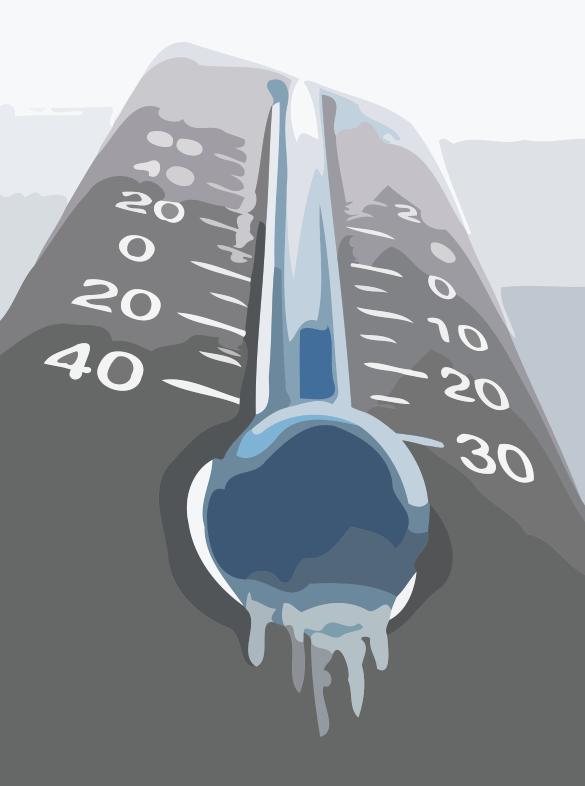Dealing With Hypothermia

As a case of mild hypothermia can become moderate or even severe in a matter of minutes, the most important first aid measure when dealing with any suspected occurrence is preventing further heat loss. This means getting out of the water and restoring body heat.
Once out of the water, the most important step is getting the diver into shelter, out of his or her exposure suit and into warm, dry clothing. If that isn't immediately possible, at least have the diver cover up with a windproof garment, space blanket or even a sheet of plastic to prevent rapid evaporative cooling from his exposure suit. It's also important, especially in cases of clinical hypothermia, that you handle the victim very gently, as the cold heart is susceptible to arrhythmias.
If the diver isn't shivering uncontrollably, can swallow and has a normal state of alertness, give him plenty of warm, sweet liquids. As dehydration often accompanies hypothermia, you should avoid diuretic drinks such as coffee and tea. Never, under any circumstance, give the diver alcoholic beverages. Even though they might “feel warm,” this is only the effect of the alcohol making its way to your stomach, and the initial vasodilatation of your blood vessels. Such dilation merely promotes additional heat loss, making the condition worse.
Traditional methods of rewarming the victim have been shown to be generally ineffective. In fact, some authorities believe that attempts to rewarm the victim by using external heat sources may actually cause harm.
Mild and moderate hypothermia victims can re-warm themselves through metabolic heat production, provided they're well-insulated. Be certain that the areas of highest heat loss — head, neck, armpits and groin — are especially well insulated; and don't forget to insulate under the victim if he's lying down. Eventually, the victim will begin to feel warm, but don't stop the rewarming effort too early (and don't let them start removing insulation because they start feeling too warm). Sweating is the only sign that the victim has restored sufficient heat, and the rewarming effort must continue until this occurs.
If the diver doesn't seem to improve, or if symptoms worsen after rewarming attempts, assume he is in a state of severe hypothermia. This is a serious medical condition that requires medical intervention. Seek emergency medical assistance immediately, and be sure to exercise extreme caution in handling the victim. If possible, keep them in a prone position. Remember, rough treatment can cause heart arrhythmia.
If CPR is necessary, assess vital signs for at least two minutes before administration as breathing and pulse may be significantly depressed. Never attempt to exercise or massage a victim of severe hypothermia, nor place him or her near a heat source or in a warm bath. Rewarming of someone in this state must take place under medical supervision. Also, avoid giving the victim oxygen as this will increase heat loss through respiration.



Leave a Reply